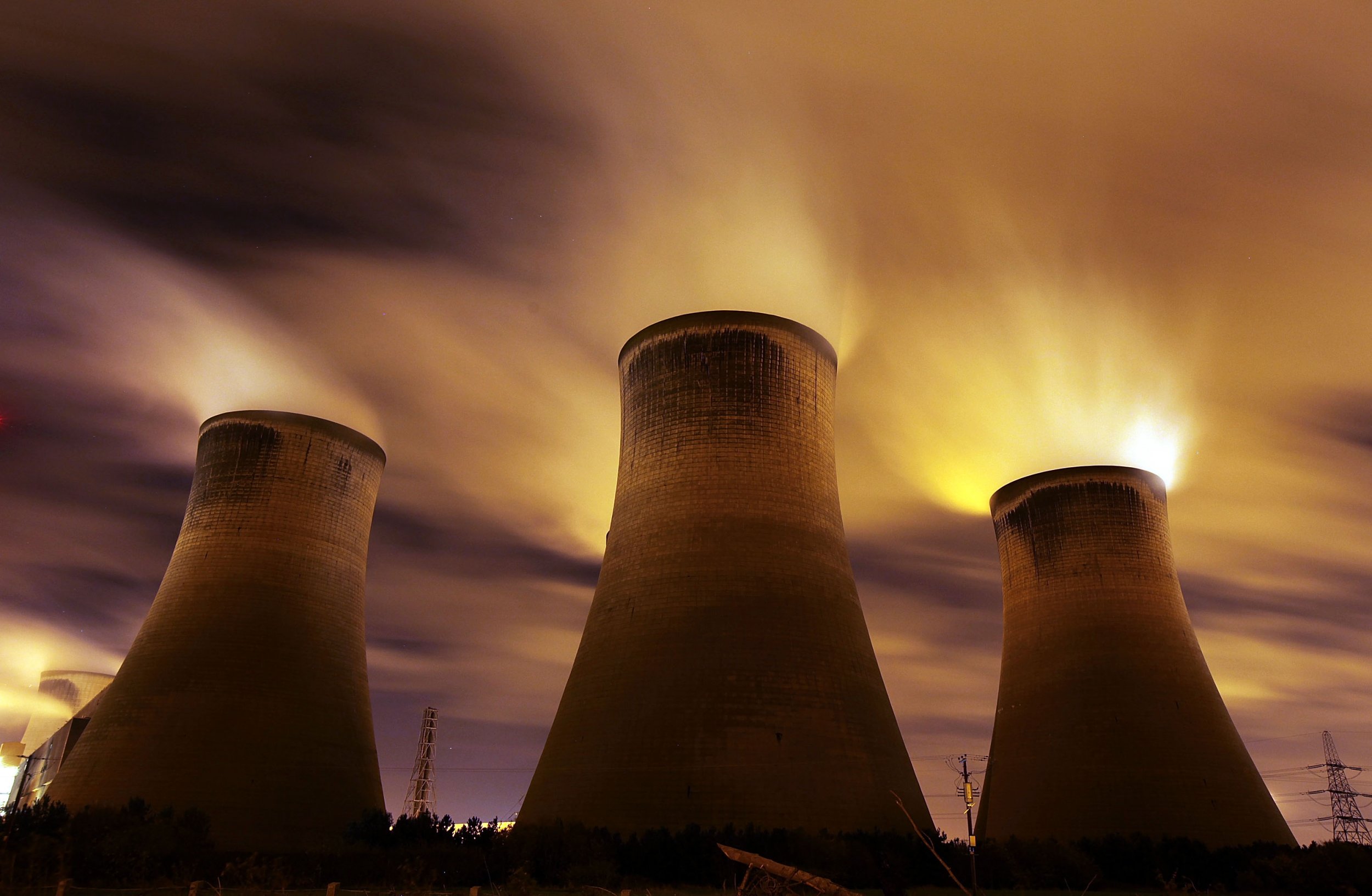
Climate change may make it harder for people to sleep, with a rise in global warming affecting core body temperatures, according to a new study.
Led by Nick Obradovich of Harvard University's Belfer Center for Science & International Affairs, the study is the first to focus on how rising temperatures are likely to affect sleep patterns.
Analyzing the responses of 765,000 Americans to Centers for Disease Control surveys conducted between 2002 and 2011, they found a close correlation between bad sleep patterns and warm weather.
Using information from regional weather reports during the time the surveys were collected, they found that those respondents who reported sleeping badly were most affected in warm weather, with particularly hot summers causing spikes in rates of insomnia.
Using a statistical model, they found that for every for every month with an average temperature 1 degree Celsius (32 degrees Fahrenheit) higher than normal, three out of every 100 people lost about a night of sleep.
And with 16 of the 17 hottest summers on record in the U.S. occurring since 2000, the study links the temperature spikes to the general trend toward increasing temperatures associated with climate change.
Scientists have long understood that a person's capacity to sleep is linked with their core body temperature, with the body cooling as the person drifts off. Higher body core temperatures are linked to disrupted sleep, with insomniacs shown to have have higher core body temperatures at night.
The study identified that those most affected by sleeplessness were elderly and low-income respondents. Those earning less than $50,000 on average experienced three times as many nights of disrupted sleep. Study authors linked this pattern to their inability to afford an air conditioner.
They argue that if global warming isn't slowed by the end of the century, it could lead to millions of Americans experiencing disrupted sleep—which could impact health in a number of ways.
"Too little sleep can make a person more susceptible to disease and chronic illness, and it can harm psychological well-being and cognitive functioning," Obradovich said in a press release.
Uncommon Knowledge
Newsweek is committed to challenging conventional wisdom and finding connections in the search for common ground.
Newsweek is committed to challenging conventional wisdom and finding connections in the search for common ground.
About the writer
To read how Newsweek uses AI as a newsroom tool, Click here.








